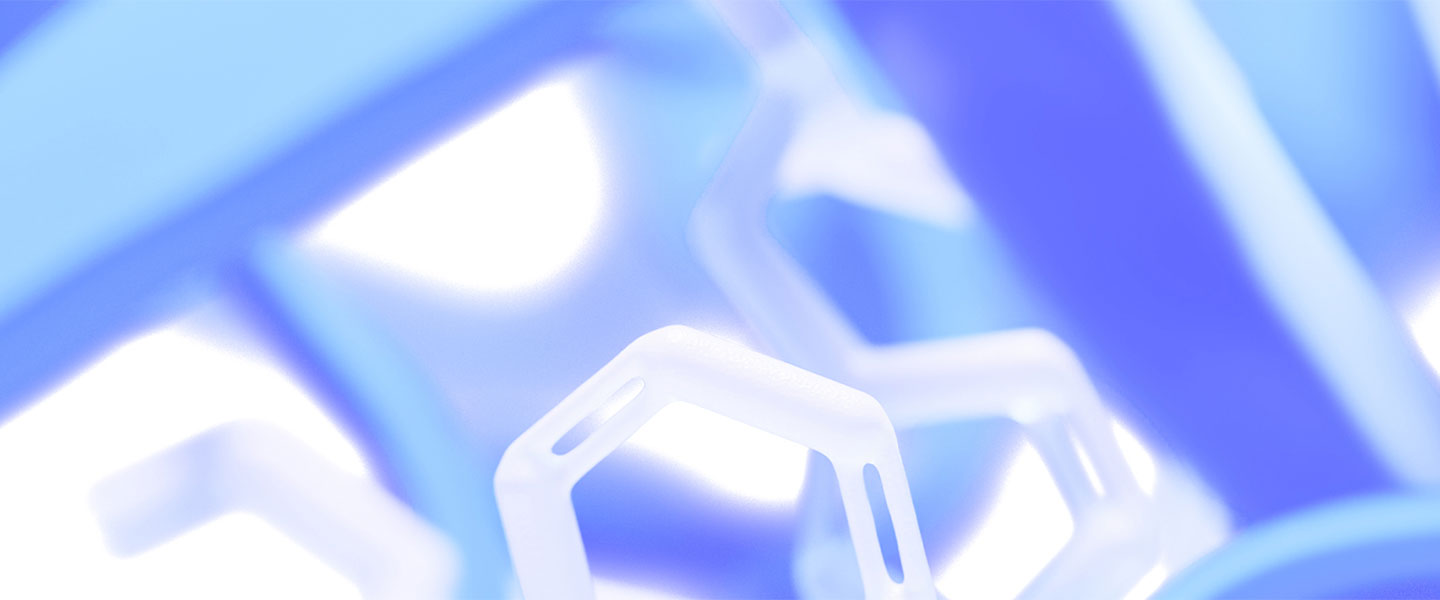Disease Education Information
Kidney cancer is cancer that begins in the kidneys. There are several types of kidney cancer. Every year, more than 73,000 people are diagnosed with some type of kidney cancer. It is among the 10 most common cancers in both men and women.1,2
- What is Kidney Cancer?
Kidney cancer is cancer that starts in the tissue of the kidneys. It is commonly referred to as renal cell carcinoma (or RCC)—the most common type of kidney cancer. About 9 out of 10 kidney cancers are renal cell carcinomas. There are 2 main subtypes of RCC based on the way the cancer cells look under the microscope: clear cell and non-clear cell. Knowing the subtype of RCC can be a factor in determining treatment.3
The other types of kidney cancers are rare. They include transitional cell cancer, Wilms tumor and renal sarcoma. Wilms tumors almost always occur in children.3
- What Causes Kidney Cancer and Who gets It?
The exact cause of RCC is not known. However, several risk factors are known to increase your chances of developing kidney cancer. These risk factors include:4
- Smoking.
- Obesity.
- High blood pressure.
- Family history of kidney cancer. This risk is highest for people who have a brother or sister with the cancer.
- Exposure to certain chemicals (e.g., trichloroethylene) in the workplace.
- Being male. RCC is about twice as common in men as in women.
- Being African American.
- Taking certain pain medicines (prescription and over the counter) for a long time.5
- Advanced kidney disease.
- Having certain genetic conditions, such as von Hippel-Lindau disease or hereditary papillary renal cell carcinoma.
- What are the Symptoms?
There may be no signs or symptoms in the early stages of the disease. RCC signs and symptoms may include:5,6
- Blood in the urine.
- A lump in the abdomen.
- A pain the side that doesn’t go away.
- Loss of appetite.
- Unexplained weight loss.
- Anemia.
- Fever that is not caused by an infection and that doesn’t go away.
- How is It Diagnosed?
If your healthcare provider suspects you might have RCC, he or she may perform a physical exam and order certain tests. These tests may include:7
- Blood and urine tests.
- Imaging tests, such as CT scan, MRI, ultrasound, angiography, chest X-ray, bone scan.
- Biopsy. A biopsy is done by taking a small tissue sample from the lungs and studying it under a microscope to see if it has cancer cells.
Once a diagnosis is made, treatment options are determined based on your age and overall health and stage of disease.5
- Can It be Treated?
RCC is treated in several ways, depending on your age, your overall health and how advanced the cancer is. Treatment options may include one or more of the following:8
- Surgery
- Chemotherapy
- Radiation
- Biologic therapy (using your body’s own ability to fight cancer)
- Targeted therapy (using medicines or other substances that attack specific cancer cells and less so on normal cells).
Kidney Cancer Resources
Area of Focus: Oncology
Kidney Cancer is a focus of our Oncology Therapeutic Area.
Visit Our Oncology Site DetailsClinical Trials
We proudly partner with thousands of study sites and tens of thousands of trial participants around the world. It's these clinical trials that lead to life-changing medicines.
Go to Pfizer Clinical Trials Site DetailsReferences
1. https://www.cdc.gov/cancer/kidney/index.htm
2. https://www.cancer.org/cancer/kidney-cancer/about/key-statistics.html
3. https://www.cancer.org/cancer/kidney-cancer/about/what-is-kidney-cancer.html
4. https://www.cancer.org/cancer/kidney-cancer/causes-risks-prevention/risk-factors.html
5. https://www.cancer.gov/types/kidney/patient/kidney-treatment-pdq
6. https://www.cancer.org/cancer/kidney-cancer/detection-diagnosis-staging/signs-and-symptoms.html
7. https://www.cancer.org/cancer/kidney-cancer/detection-diagnosis-staging/how-diagnosed.html


